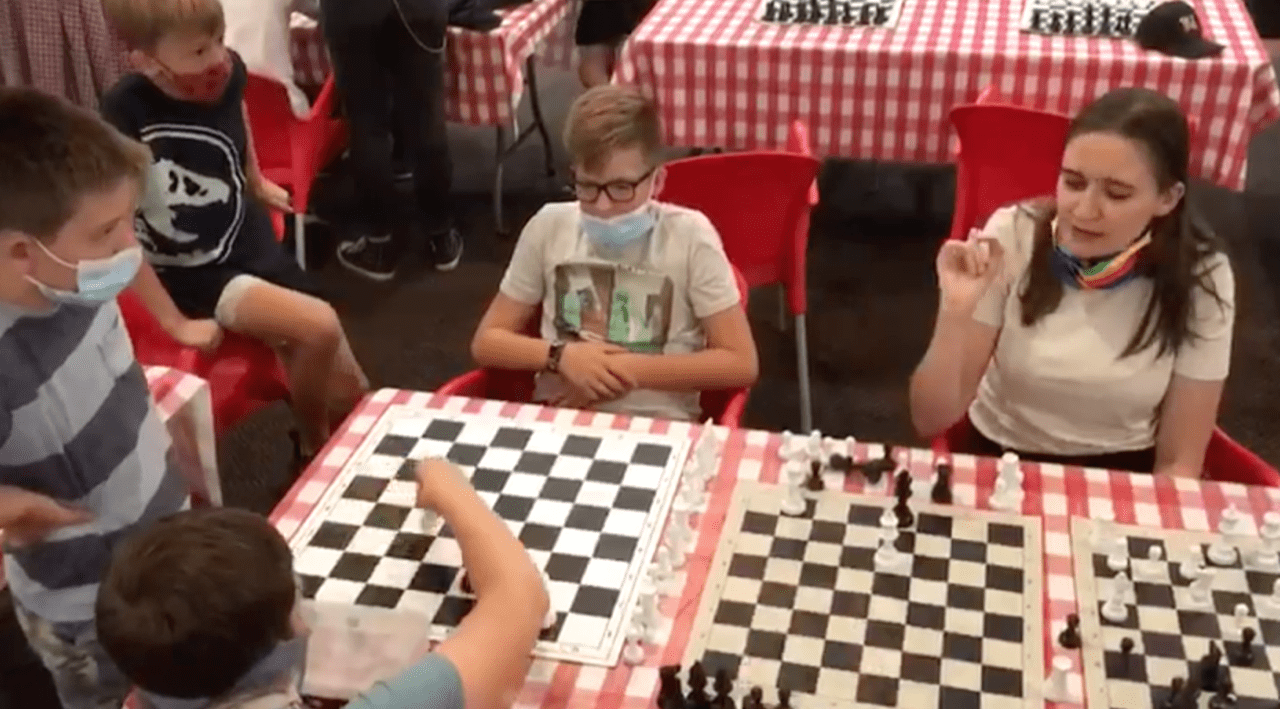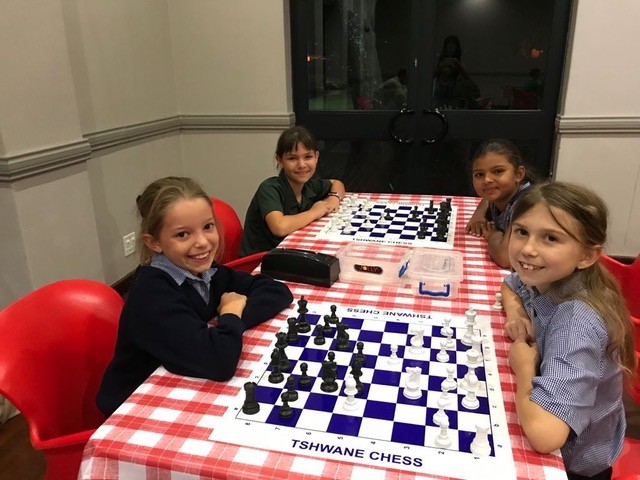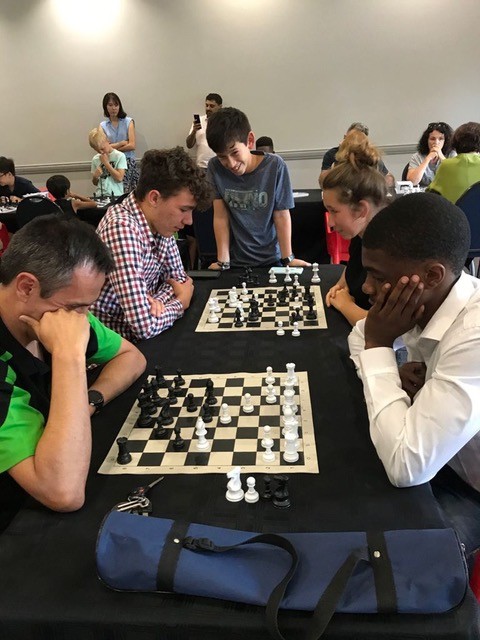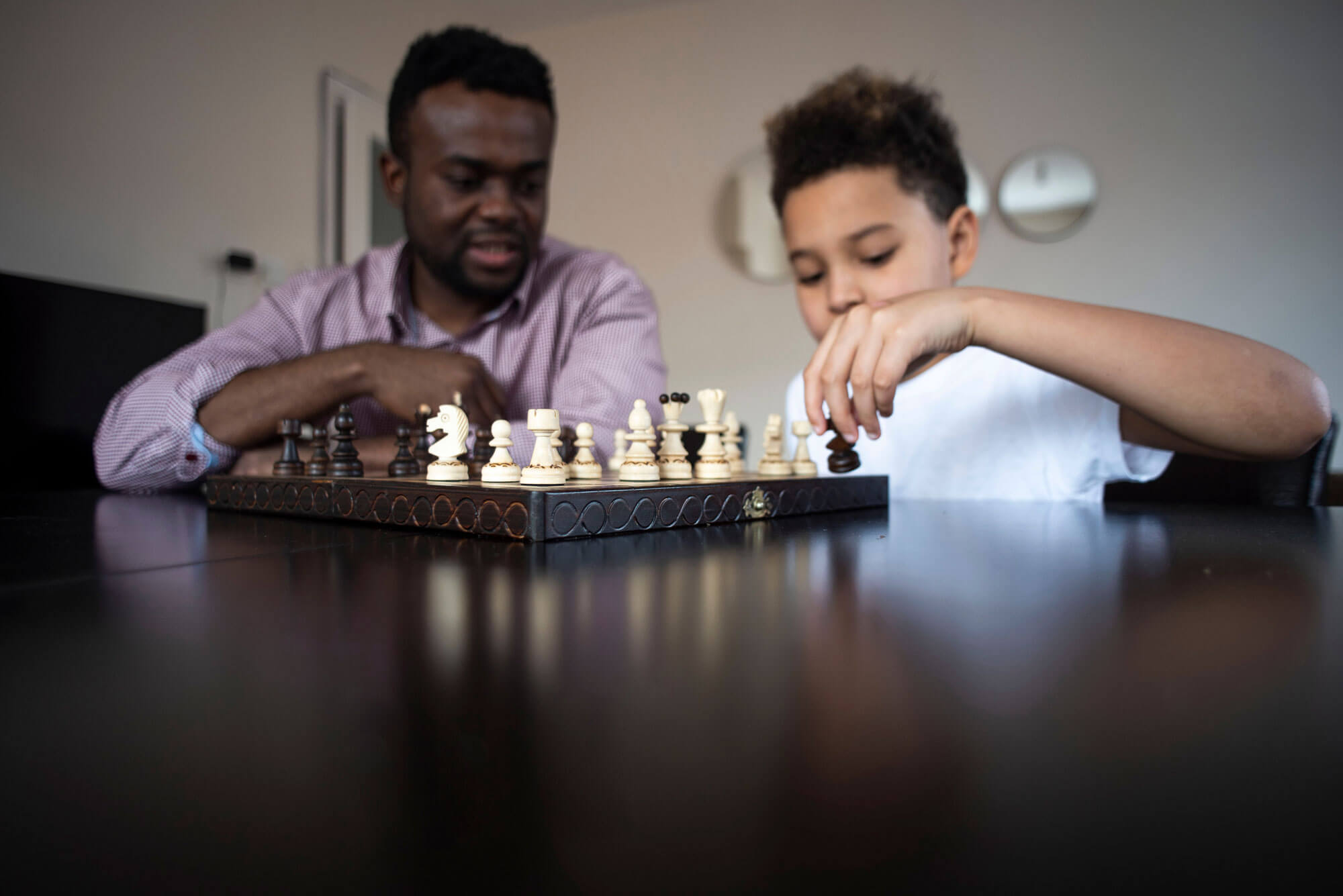Advertisement
Once the preserve of nerds, geeks and nebbishes, chess has had a bit of an image makeover since the release of The Queen’s Gambit. And to be honest, so have geeks and nerds. It is cool to be smart, and chess is definitely for smart people. So perhaps it’s a smart idea to start a chess club on an estate.
Chess – some basics
Chess as we know it dates back to about the 15th century, but its roots go back centuries before that via the Middle East to the Far East and probably the 6th century. It’s a game of pure skill, with a negligible input of luck. To the uninitiated, chess looks deliberately over-complicated but, once having mastered the basics, almost anyone can enjoy a casual game. However, like many things, true enjoyment comes only with a level of expertise and, for many, the game is addictive.



It is – technically – a war game with the emphasis on strategy, and it is the ability to think through numerous possible scenarios that separates good chess players from mediocre ones. And, of course, brilliant ones from merely good.
Advertisement
One of the biggest advantages of chess is that it requires very little equipment – basically a board and a set of chess pieces. Best of all, unlike most other activities (running, tennis, surfing, playing the violin), you can play just as well with the cheapest, mass-produced plastic set as with the most expensive, fanciest set money can buy. So, while it is elitist in a sense, that elitism is based purely on ability.
Why starting a chess club is a good idea
A few residents at Silver Lakes Golf and Wildlife Estate banded together and started a chess club at the beginning of 2020, before the ’Rona hit. It quickly garnered huge interest, especially among estate children as well as those living in the local area. About 30 chess players meet up once a week, for two hours of very casual chess play, although the organisers tell us that there is still plenty of healthy competition. After all, one of the best things about having a chess club is that it is a great community-building opportunity similar in many ways to tennis courts, a golf course, or other sports facilities.
It might seem counter-intuitive to think of starting a chess club now, with social distancing, and a greater emphasis on doing things online, especially as chess is big online, anyway. When the Silver Lakes chess club was forced to disband at the height of the pandemic, they took things online, offering a weekly online meeting with an experienced chess tutor. Nothing beats the actual feel of a chess piece in your hand though. Chess is, after all, a game with a long tradition and even though the weekly face-to-face meetings have now resumed at Silver Lakes, the online classes are still very much there, with members divided into beginners and advanced to allow for better learning.

Getting started
The most important requirement for starting a chess club is, of course, interest and uptake. Once you know you have some interest, the rest of the process is relatively simple.


- Decide on whom the club will be open to and then start spreading the word. Make use of estate publications, WhatsApp and Facebook groups, and even place adverts in local newspapers. The Silver Lakes chess club, for example, is open to everyone, not just estate residents. Most members are kids and teenagers, but there are a few adults as well.
- The absolute basic essentials are chess sets but these do not need to be expensive. If budget allows, the chess board may be branded with the Estate emblem and name.
- You may also need chess clocks, which are pretty specialised items, so they can be pricey. There are, however, are a number of chess clock apps, so it’s only necessary to get actual physical clocks if you are going to be organising competitions. They do look cool, though, so it might be nice to have some.
- You need somewhere to play with chairs and tables and some access to refreshments. This may be a meeting room, or it could be the clubhouse or a restaurant. You should also decide on a regular time – probably once a week in the evening – and then communicate this with potential members.
- Get a professional in. Reach out to a local tutor who can come in and assist with assessing the different abilities so that members are playing people at the same skill level. Having a pro helps attract more people, as players are likely to join if they know they will learn new skills or enhance their existing ones.
- Even though members are likely to want a relatively casual, social space rather than a rigidly competitive one, it would be nice to have a leaderboard, which could be a physical thing, or it could be on the estate app, as well as a tournament, perhaps twice a year. The Silver Lakes chess club is looking forward to hosting their first ever tournament at the end of this year, for about 200 players.
- It would also be great to have inter-estate competitions if you know of a neighbouring estate that has a club. Most chess clubs are hosted in local schools and churches, and so might not be able to operate under current Covid restrictions. If your estate can accommodate them safely, it might be a way for everyone to get to play some chess.
The cool stuff
Chess is a game with a fascinating culture, and it lends itself to interesting variations, so there are a number of ways you can use it to differentiate your estate:

- You could set up an outdoor space – either a veranda, or a shady plaza or park – with tables and chairs where people can meet and play, in much the way they do in Moscow, or in Washington Square in New York.
- A giant outdoor chessboard is a great idea – it makes chess a game for the whole family, with Mom or Dad calling the shots and the kids moving the pieces.
- For special occasions – and if you have some particularly gifted players – you could set up a game of human chess on your giant chessboard. You need 16 people who dress up as the chess pieces. The players call out the moves, and the ‘pieces’ walk themselves to the appropriate square.
- It’s important to not be too precious about the chess club, remembering that the main purpose is community building, not finding the next world champion (although that would be cool). So, while chess will probably remain the focus, some people may want to be part of the community but may prefer to play ‘chess-like’ games, such as morabaraba or go. And you may even have some brainiacs on the estate who will want to play three-player chess or – yes – three-dimensional chess (this even has official rules).
- The most important thing is to have fun.
If you would like to join the Silver Lakes Chess Club, please contact Leah Dvir on 083 6269695 Or Karin Louw on 062 930 3506.




